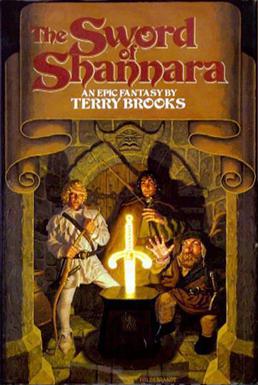I’m the Community Manager at SourceForge. As such, every day, I see tweets about how SourceForge is dead, dying, or terminally ill. The evidence given for this is the huge number of dead projects on SourceForge.
This reflects a profound ignorance of how Open Source (and software development in general) works.
One of the things that makes software development such a compelling hobby is that it is so very cheap to fail. You have an idea? Great. Try it out. Did it work? No? Well, no great loss. Move on to the next idea. But, also, leave your notes out in the public so other people can have a look and see if they can do better.
Most software projects fail. Sorry. That’s reality.
So, the fact that SourceForge has a lot of failed projects is not an indication of the death of SourceForge. It’s an indication of its age. SourceForge is 12 years old. Github is still a baby, and so has a much smaller number of dead projects. Just wait a few years, and we’ll be hearing about how Github is where projects go to die, and the new thing on the block is so much better.
This is nonsense, and measures the wrong thing. Open Source forges are a place where you can try out an idea, cheaply, and, if necessary, find where it fails. It is the rare thing to succeed.
Of course, this leads to the question that always gets asked – why don’t we just purge all of the dead projects? Well, if you think about it for a minute or two, you’ll see why that’s not feasible. Who am I to determine what project is dead and what is not? I have a project that’s over ten years old, which I haven’t touched in 8 years, that I’m planning to rewrite this weekend. What if we’d purged that last week? More importantly, the notes and source code from your “failed”, or “dead” project often leads to a fork that is more successful. Purging the historical reference does nobody a service.
Meanwhile, I spend hours every day promoting releases and developments of very active and very passionate Open Source projects. The week isn’t long enough to fit in a tweet for every one of these releases without my wife saying to me, wow, you tweet an awful lot. A tweet almost every hour, 24 hours a day, every day for the last 9 months. That’s a lot of active projects. Not dead at all.
It is a great honor to be the community manager at SourceForge, working with tens of thousands of vibrant, passionate projects. SourceForge remains a very important player in the Open Source ecosystem, with new projects started every day. Some of those projects are destined to become successes, and others are not. That’s just how it works, and doesn’t indicate a failing of any of the open source forges where it happens.

 I’ve had the rare good fortune to meet many of my favorite authors. Notably, Douglas Adams, Arthur C Clarke, and, a few weeks ago, Terry Brooks. I’ve also met Cory Doctorow, Mo Willems, Will Wheaton, Frank X Walker and a host of other authors, and each time was struck by the humanity of great people. I deeply regret that I never had an opportunity to tell Ray Bradbury how much his work means to me.
I’ve had the rare good fortune to meet many of my favorite authors. Notably, Douglas Adams, Arthur C Clarke, and, a few weeks ago, Terry Brooks. I’ve also met Cory Doctorow, Mo Willems, Will Wheaton, Frank X Walker and a host of other authors, and each time was struck by the humanity of great people. I deeply regret that I never had an opportunity to tell Ray Bradbury how much his work means to me.